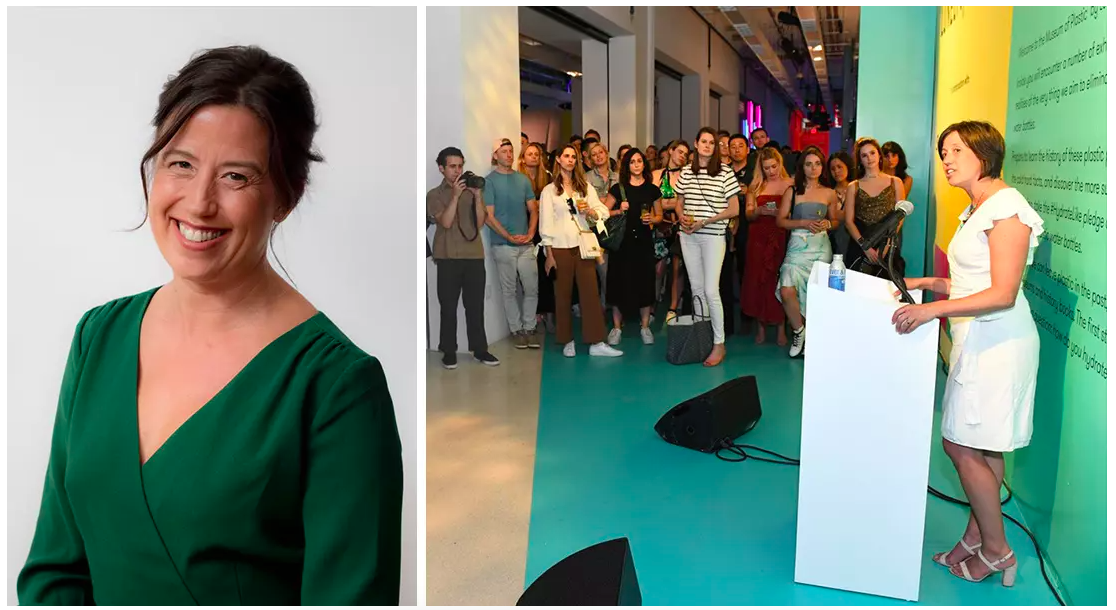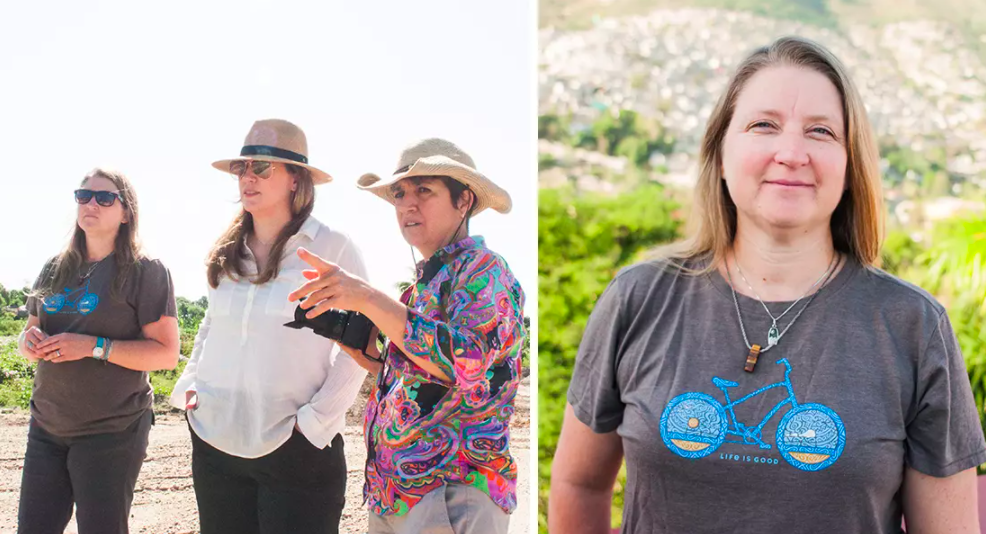Why You Should Care More About Single-Use Plastics, From 3 Titans of Marine Conservation
Now is a critical moment for the health of the world’s ocean as people use more single-use and disposable plastics during the pandemic.
While the pandemic has caused untold devastation around the world, lockdown measures have brought some unexpected environmental benefits: Global emissions have plummeted and in some areas wildlife has flourished — even along some city streets.
But for oceans, it’s a different story.
Even before the pandemic, the Ellen MacArthur Foundation estimated that by 2050 there would be more plastic in the ocean than fish. Now, the sudden surge in single-use plastics — for personal protective equipment like masks and gloves, takeout food, home delivery packaging, and more — poses a renewed threat. In France alone, authorities ordered 3 billion disposable surgical masks, and advocates say the masks are beginning to wash up on beaches. “The numbers about the influx of plastic into the ocean are absolutely staggering,” says Julie Packard, executive director and co-founder of Monterey Bay Aquarium and daughter of Hewlett-Packard co-founder David Packard.
Packard recently participated in a virtual roundtable with other renowned marine conservationists led by HP Chief Sustainability and Social Impact Officer Ellen Jackowski to discuss the state of our ocean and why it’s more important than ever to care about its health.
“It’s not an exaggeration to say that our very existence depends on the health of the ocean, which cover more than 70% of the planet,” Jackowski says. “It’s even more urgent now that the pandemic has led to this alarming surge in single-use plastics.”
The roundtable also included Dr. Jenna Jambeck, a National Geographic Fellow, University of Georgia professor, and author of groundbreaking research on ocean plastics, and Dune Ives, managing director of Lonely Whale, to discuss topics that ranged from renewed threats to ocean health, the innovations to combat those challenges, and what we can do — as individuals, companies, and communities — to help protect the world’s mightiest natural resource.
Why is the ocean so important to human existence?
Julie Packard: For starters, the ocean drives world climate. The plants in the ocean absorb vast amounts of C02, and the ocean has absorbed something like 90% of excess heat created since the Industrial Revolution. The ocean is also a treasure trove of pharmaceuticals. And it’s a huge source of food security — it provides primary protein for an estimated 3 billion people.
How has the pandemic exacerbated the problem of plastic pollution?
Dune Ives: The plastics industry narrative is that single-use plastics are the best way to stop the spread of COVID-19, and we know that’s false. So we have to gain that narrative back — and we have science behind us and a lot of momentum to build on.
Dr. Jenna Jambeck: People have rolled back entire regulations on single-use plastic reduction and that absolutely doesn’t need to be happening. There are two things to remember: The virus does live on plastic itself. Also, soap and water and washing kills the virus.
Dune, your organization, Lonely Whale, was extraordinarily effective in getting the public to re-think plastic-straw use with its #StopSucking campaign. Now you're working on drawing attention to the problem of single-use plastic bottles. How do you leverage this moment to affect behavior change?
Dune Ives: When we launched #StopSucking in 2017, we used humor and levity, along with youth-leader voices and tapping into the cultural zeitgeist. But by 2019, the global conversation had shifted focus to plastic pollution, so we knew we were going to have to do something different. With HP as one of our key partners, we launched the Museum of Plastic in New York during World Ocean Week to coincide with our Question How You Hydrate campaign. The UN’s president of the assembly came down to SoHo to address us. We then took the installation to Art Basel in Miami, where it was only one of two environmental installations there. I have to say that company involvement is one of the most important elements of any campaign.
Outside of campaigns, how are you working with companies to combat the problem of ocean-bound plastic?
Dune Ives: We created NextWave Plastics, which is a coalition of tech companies, including HP, and consumer brands working together to ensure that 25,000 metric tons of ocean-bound plastic are permanently removed from waste streams by 2025, and permanently integrated into products — like the ones HP continues to produce at a rate faster than any other company out there. [Learn more about HP’s work tackling plastic pollution.]
Dr. Jambeck, you’ve traveled all over the world collecting data about plastic pollution, which is critical for innovating programs and solutions. What can we do to help that effort?
Dr. Jenna Jambeck: One of the most important tools is an app called Marine Debris Tracker, which is open source, open data, and that means anyone in the world can use it. Once communities have more data they can think about what interventions make the most sense locally.
What can we do as individuals to stop the threats to our ocean?
Dr. Jenna Jambeck: Individual actions do matter. Just think about if everyone in one company made the choice to use a reusable bottle what a difference that could make.
Julie Packard: Change in business often begins with consumer pressure. For example, unsustainable fishing is turning around in many areas thanks to consumer action. [The Monterey Bay Aquarium’s Seafood Watch app makes it easy for consumers to buy responsibly.] So don’t let up. I'd also say vote for change. We need leaders who care about climate, who care about the ocean. That’s how change happens.
When it’s time to make a purchase, here are six ways to be a more conscientious consumer.




